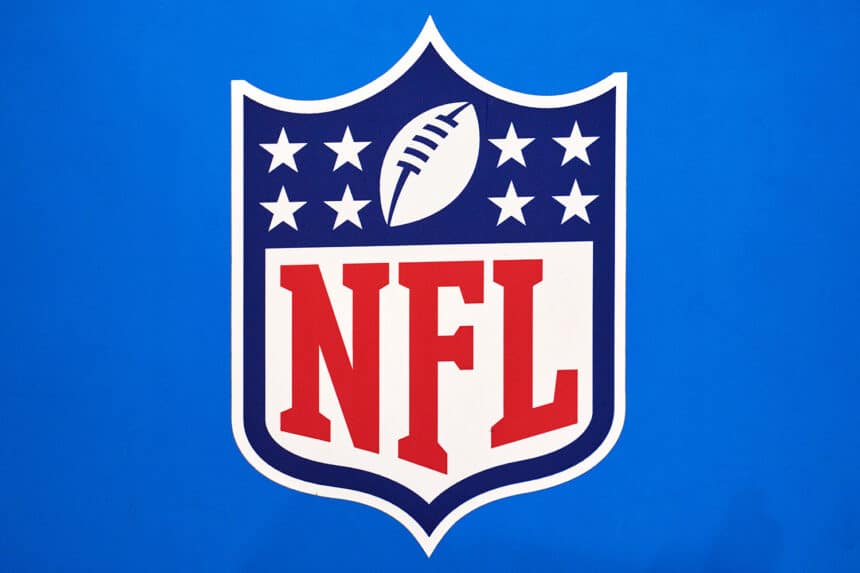Fans and analysts question NFL consistency after unusual officiating decision during Week 10 blowout
Lions Dominate, But Officiating Sparks Debate
Detroit’s 44-22 triumph over the Washington Commanders on Sunday was meant to be a statement win for the Lions, but an officiating decision has sparked a firestorm of controversy. According to reports, officials made a deliberate choice not to enforce a rule that should have resulted in an automatic ejection, drawing criticism from across the league.
The incident occurred during a two-point conversion attempt following a Detroit touchdown. Commanders defensive tackle Javon Kinlaw made contact with umpire Brandon Cruse—a play that, by NFL rules, mandates immediate ejection. Instead, Kinlaw was flagged but allowed to remain in the game.
“After the very next play, a two-point conversion attempt…Kinlaw made contact with umpire Brandon Cruse. Kinlaw was flagged but not kicked out of the game. Per a source with knowledge of the situation, the officials did not want to eject a player on consecutive plays,” reported ProFootballTalk.
The unusual decision stemmed from the fact that another Commanders player had been ejected just one play prior. Officials reportedly wanted to avoid “double up” discipline—but the rulebook makes no exception for consecutive infractions.
Rulebook Clarity vs. Discretion
Making physical contact with an official is among the NFL’s zero-tolerance policies. There is no gray area; an immediate ejection is the standard. Yet, in this instance, the rule was selectively enforced.
ProFootballTalk emphasized the inconsistency: “Of course, that shouldn’t matter. If a player does something for which he should be ejected, he should be ejected. The fact that someone else was properly ejected one play earlier is irrelevant.”
Social media lit up almost instantly, with fans questioning the logic:
“So anything goes the next play after a player is ejected?”
The backlash highlights the league-wide concern over selective enforcement. While the NFL has worked to standardize officiating and protect its referees, decisions like this create doubt about credibility and fairness.
What Happens Next?
Kinlaw is not expected to face suspension, though a fine seems likely. The larger concern is precedent. When officials consciously ignore clear rules, it sets a troubling tone for player conduct and undermines efforts to maintain consistency.
For Detroit, the Lions’ performance overshadowed the controversy. Dan Campbell’s squad executed efficiently, with the offense clicking and the defense forcing turnovers. But the officiating decision remains a lingering talking point from an otherwise dominant win.
Bottom Line
By the letter of the law, Kinlaw should have been ejected. That he remained on the field simply because a teammate had already been removed raises significant questions about the NFL’s consistency in enforcing rules. While the league won’t revisit the decision post-game, the incident may serve as yet another example of the ongoing tension between enforcement, discretion, and optics in professional football.
Even in decisive victories, controversy has a way of stealing headlines—and in Detroit, Sunday’s win was no exception.
